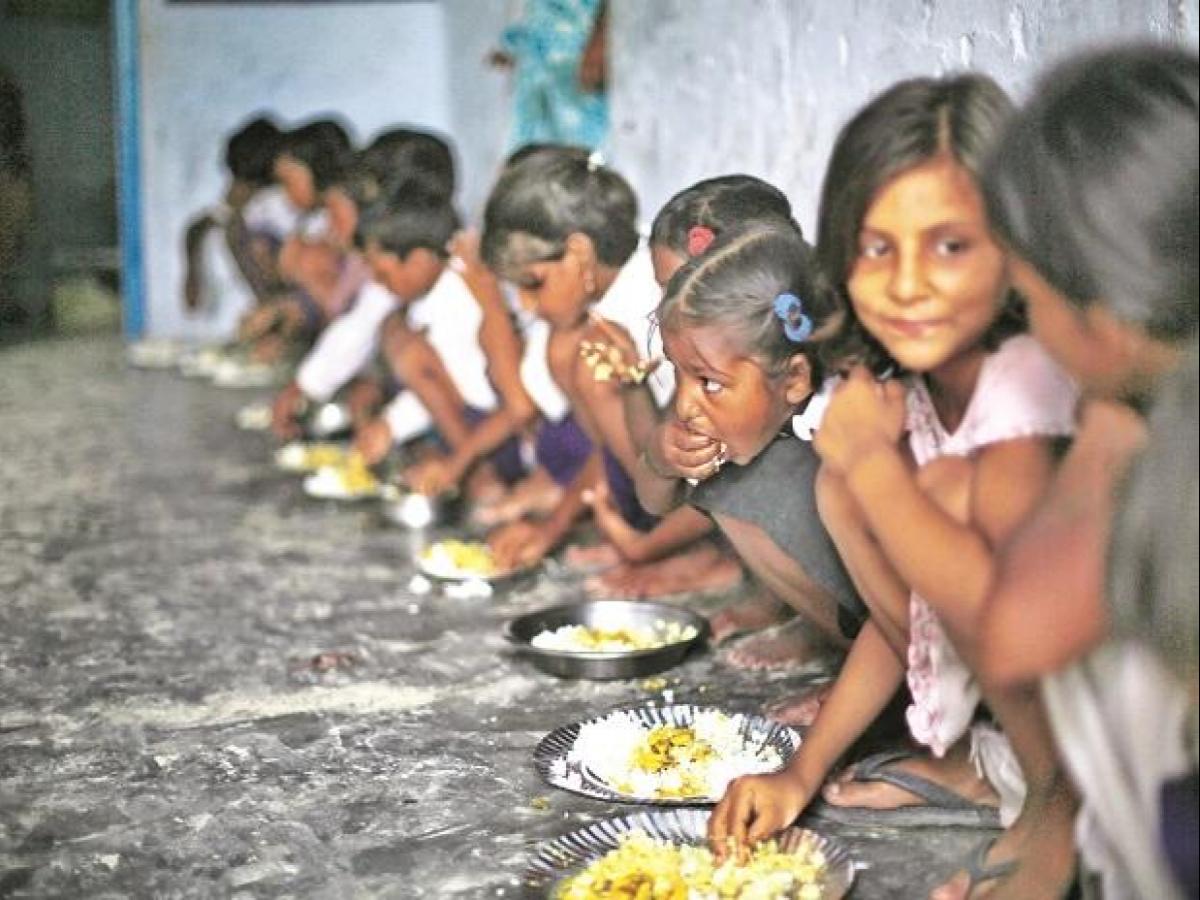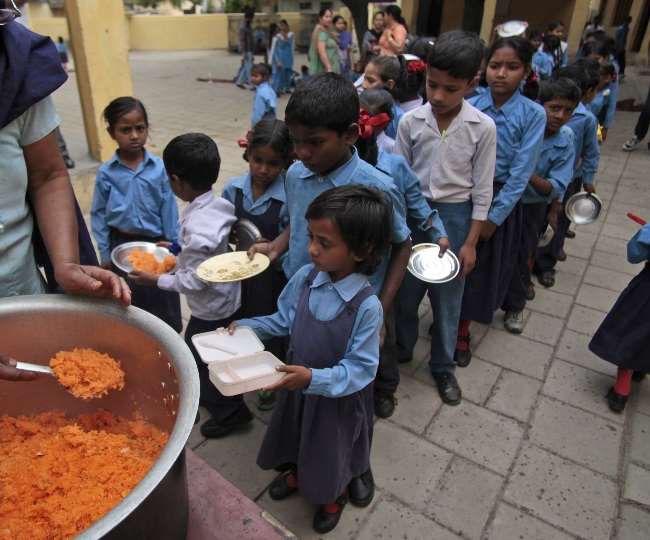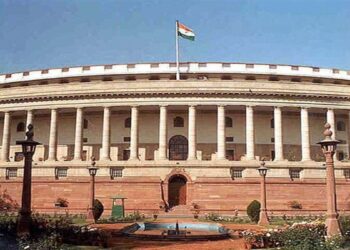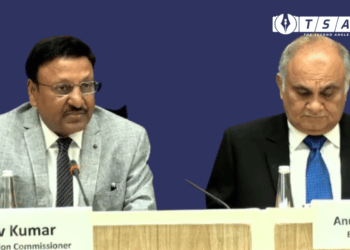A new meal scheme- the ‘Pradhan Mantri Poshan Shakti Nirman’ scheme, which will entail the old mid-day meal scheme, was approved by the Union Cabinet chaired by the prime minister Narendra Modi. The scheme will be extended to government and government-aided schools for the next five years.
The Union Information and Broadcasting Minister Anurag Thakur informed that the new scheme has a financial outlay of Rs 1.31 lakh crore in the next five years, and the existing ‘Mid Day Meal’ scheme will be included in this scheme.
In the new scheme, the concept of ‘Tithi Bhojan’ will be introduced. ‘Tithi Bhojan’ is an initiative in which the community participates. In this scheme, people surrounding a particular school will be asked to provide extra food to children on special occasions/festivals.
However, the last few months’ reports emphasise that the already existing system is in shambles and needs immediate interventions. The larger states like Uttar Pradesh has always been in the news for providing substandard meals and sometimes not providing the meals at all. Post pandemic, the conditions have worsened. In a report for The Print, journalist Jyoti Yadav paints a detailed picture of several villages like Banda, PratapGarh and Sonbhadra in Uttarpradesh.
An excerpt from her report says, ‘When the Covid pandemic hit the country in March last year, the central government issued directives to states and union territories to ensure the continuity of the MDM scheme and suggested the dispensation of ration, cash, or both to beneficiaries under the scheme.

Each state came up with its plan of implementation. While UP has been providing rice, wheat and conversion money (cooking cost), others, like Haryana and Punjab, also include pulses in the ration.
But despite efforts by the state, and the Centre’s monitoring, deliveries under the scheme have suffered.’
According to the report, Uttarpradesh dispatched three mid-day meal rations, but it has not reached the small villages, defeating the scheme’s primary purpose- providing nutrition and luring children from low-income families into education.
In a piece for The Economic Times of 2019, Prerna Katiyar points out the lack of a robust monitoring system to check inconsistencies and corruption in the midday meal scheme.

The reality is that the government does not audit the mid-day meal scheme. The report says, ‘There are provisions for regular social audit, field visits and inspections but these are seldom carried out. Field visit reports are not available after FY14, and monitoring institutions’ reports are not available after FY15, even on the scheme’s website.
Expert groups from premier institutions such as the Indian Institute of Technology and Tata Institute of Social Sciences visited several schools in each district every year and submitted their reports.
The Centre came up with a mid-day meal scheme as the National Programme of Nutritional Support to Primary Education in 1955. The scheme comes under the National Food Security Act 2013, and the act encompasses students of Classes 1 to 8 in government and government-aided institutions under the mid-day meal scheme.
The glaring lacunae in making and implementing a policy is quite visible in the Mid-day Meal scheme. The government needs to address it before renaming it.
Read : Uttarakhand To Take Inspiration From The U.P’s Population Control Bill












